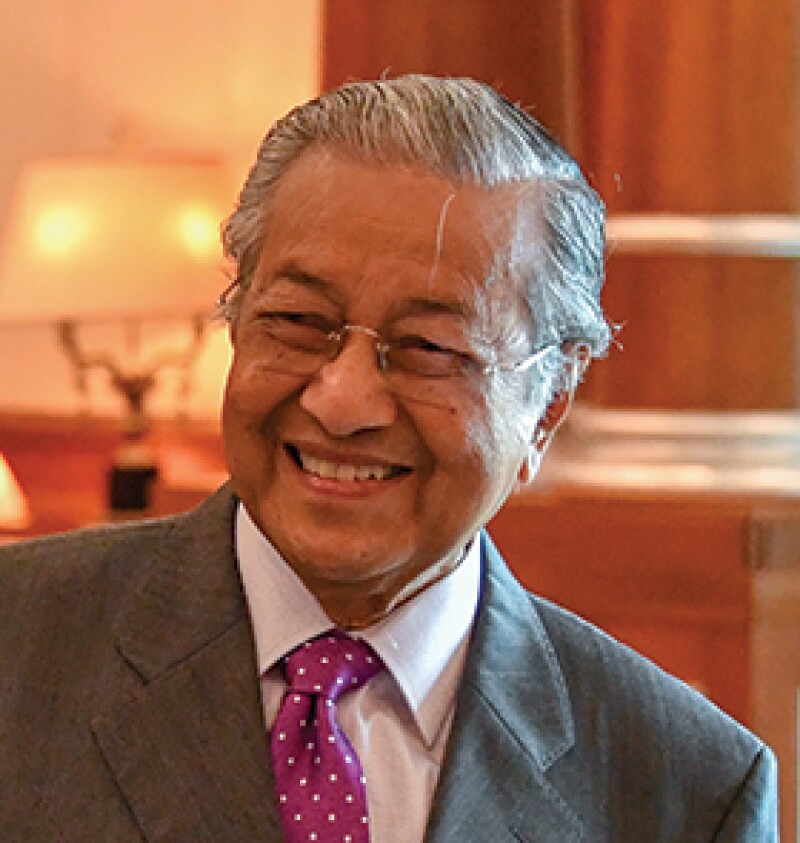
|
Prime Minister of Malaysia |
The election of Mahathir Mohamad was momentous in many respects. His party, Pakatan Harapan (Alliance of Hope), is the first to dislodge the Barihan Nasional coalition since Malaysia gained its independence from the British in 1957.
Tax – as might be inferred from his inclusion in the Global Tax 20 – was central to both his campaign and his post-election agenda.
Barihan Nasional managed to hold power for so long, partly through extensive gerrymandering, and the electoral arithmetic was stacked firmly against Mohamad, who had to make a groundbreaking offer to the electorate. The central pillar of his promises? To remove the goods and services tax (GST) regime.
While Barihan Nasional has retained power, it has not retained popularity, and its introduction of GST in 2014 was deeply unpopular, particularly among poorer people, and was met with widespread protests and even riots.
Despite GST being a far better tax (from a technical perspective) than its predecessor, the sales and service tax (SST) regime, voters were left paying more as its base was far broader.
"As an individual I am very, very sad [to see SST replace GST] because coming from a tax background I know the consequences," said an experienced tax manager from the oil industry. "From a business perspective, as well, it's definitely hitting the businesses because… now service or sales tax has become a cost to the business."
Upon unexpectedly winning the election in May, Mohamad wasted no time in acting upon his election pledges. What would come first? Legalisation of homosexuality? The removal of the death penalty? No – he got rid of GST.
The tax was zero-rated on June 1, with the old SST regime reintroduced on September 1. This gave businesses very little time to prepare, and information on what the new SST would look like was initially sparse. Confusion reigned: "It's affected our pricing – we've needed to renegotiate a lot of contracts," said the oil industry tax manager, but it was in with the old and out with the new.
Thus, Malaysia became the first country ever to remove a national modern VAT or GST system, although Zambia will follow suit in 2019, removing its 16% VAT, which was first introduced in 1995. Though its democracy is described as "flawed" by the Economist Intelligence Unit's 2017 Democracy Index, the election of a new party is positive.
Mohamad, meanwhile, is by no means a dream candidate for change. He ruled Malaysia as Prime Minister from 1981 to 2003 with a rather authoritarian streak, and reportedly has ambitions to ensure his own son becomes Prime Minister one day. But the 92-year-old, who is the oldest person ever included in ITR's Global Tax features, has followed through on his central election pledge and has won praise from Amnesty International as he looks set to remove the death penalty.
Tax is often a key issue in elections, and in no country was this truer in 2018 than Malaysia.










